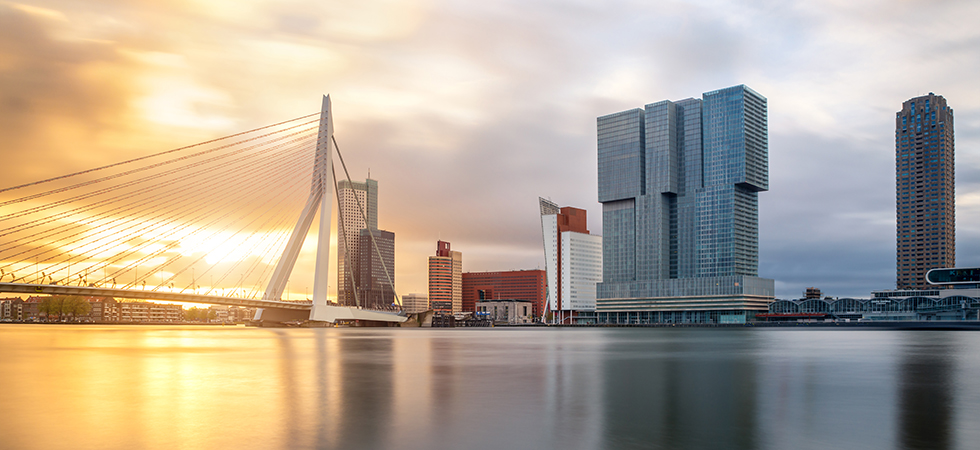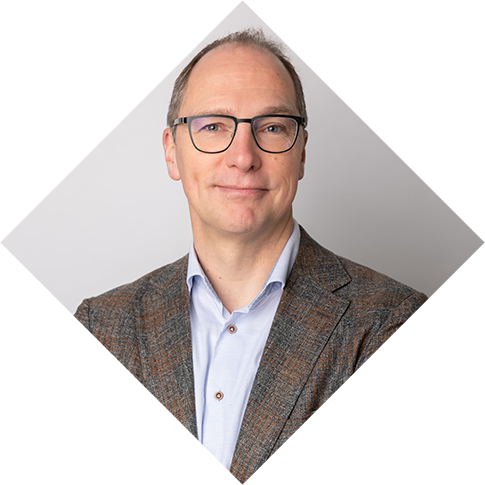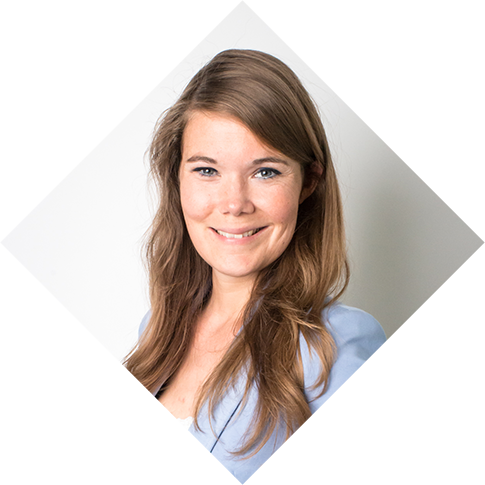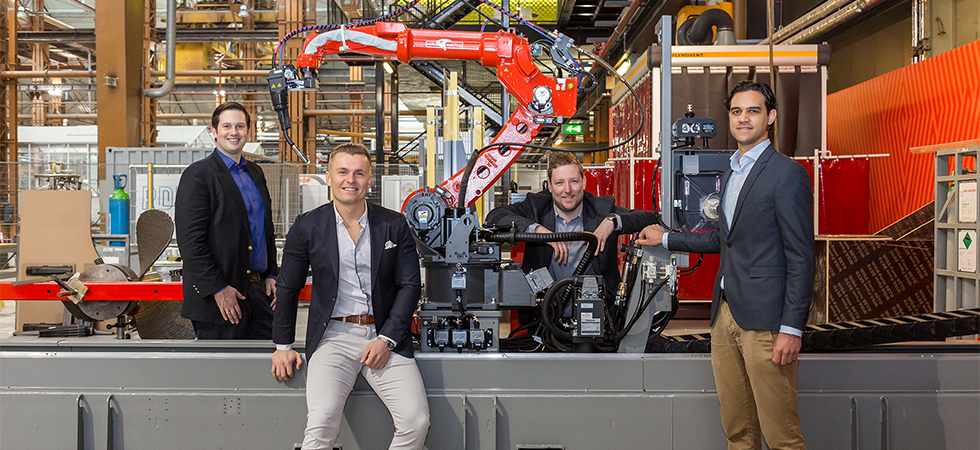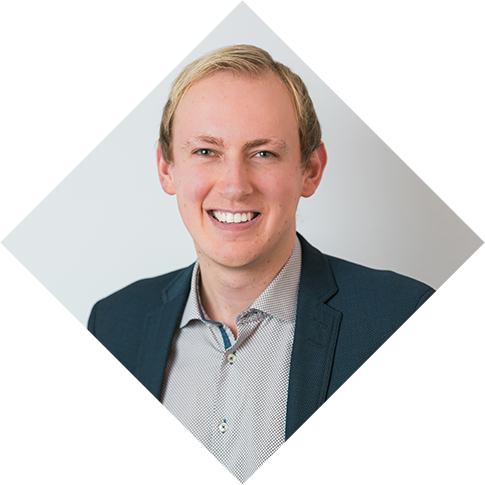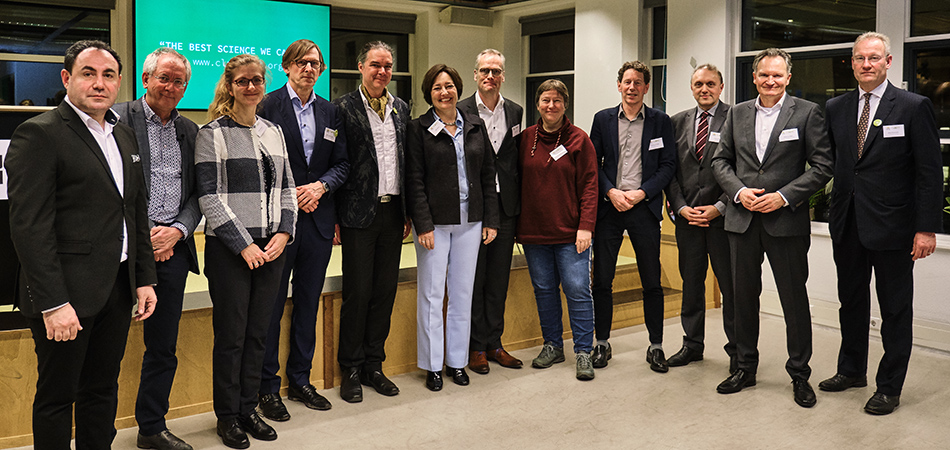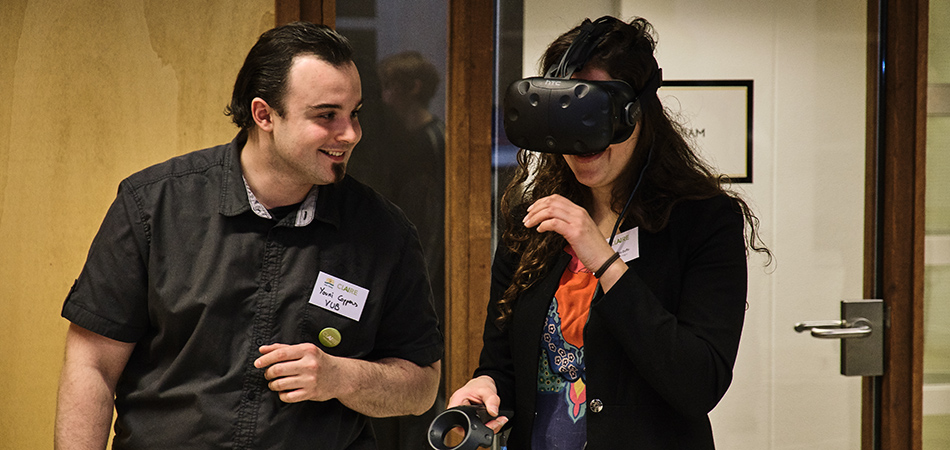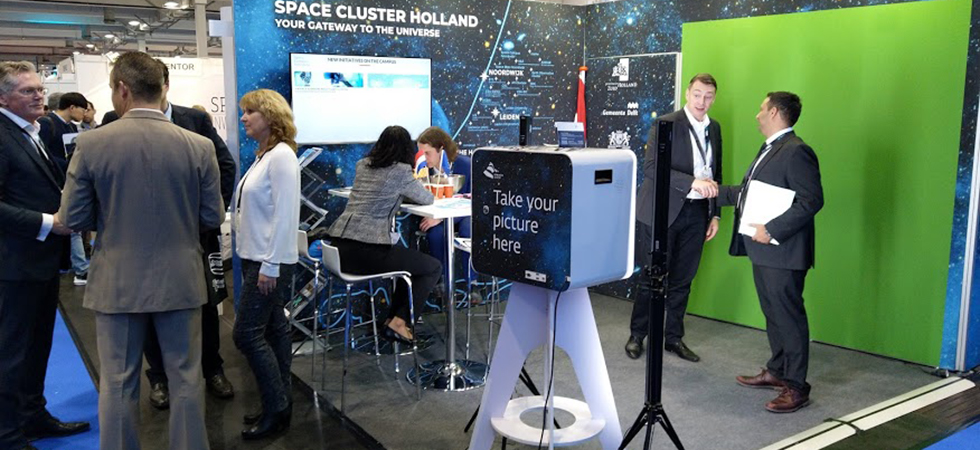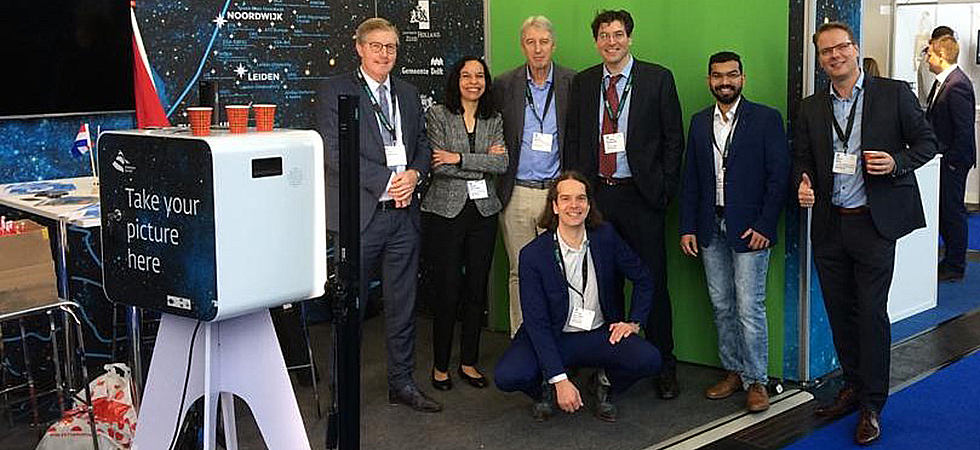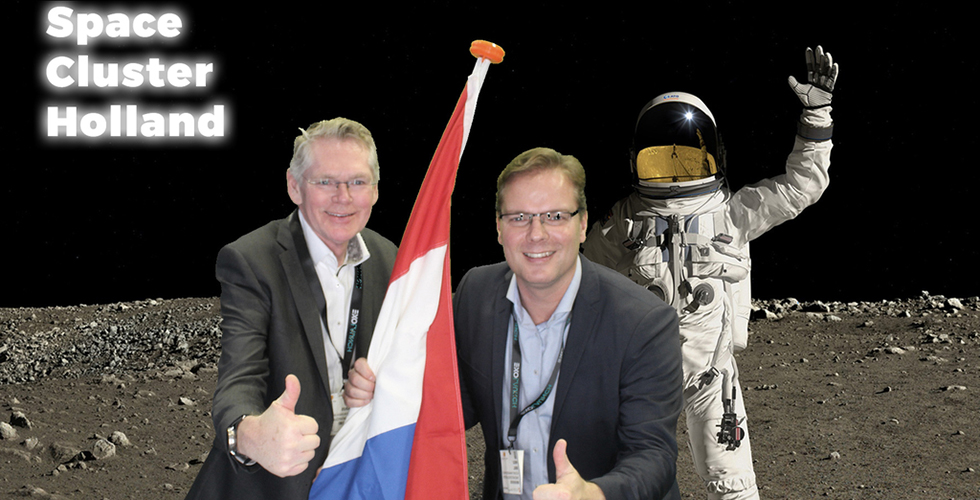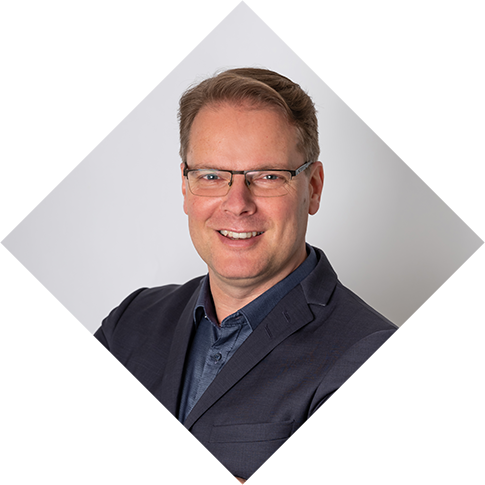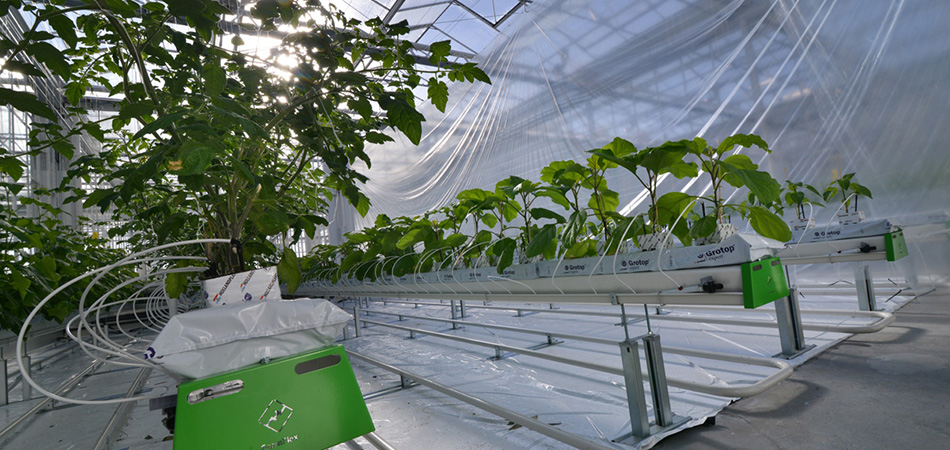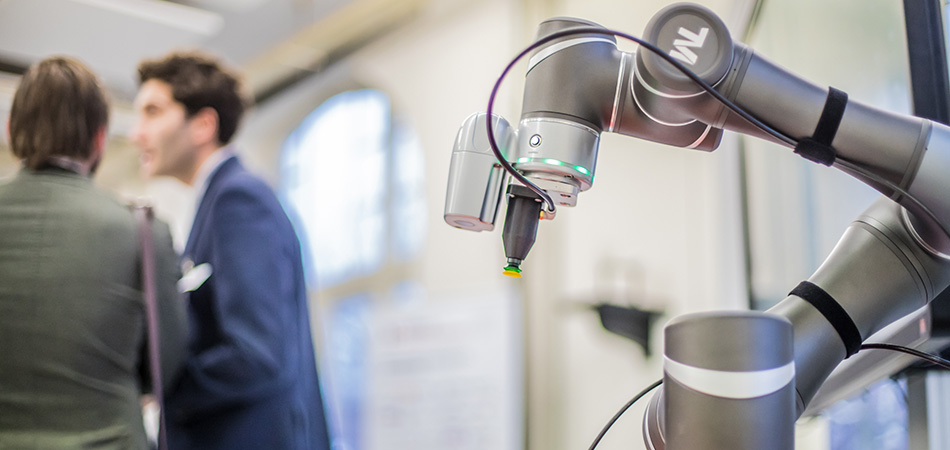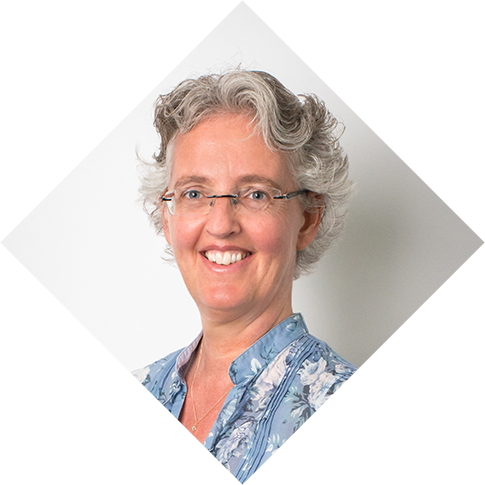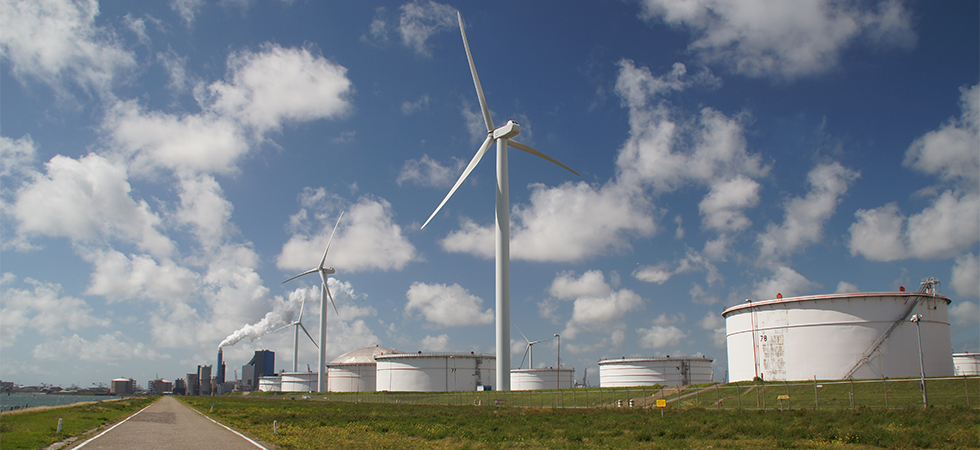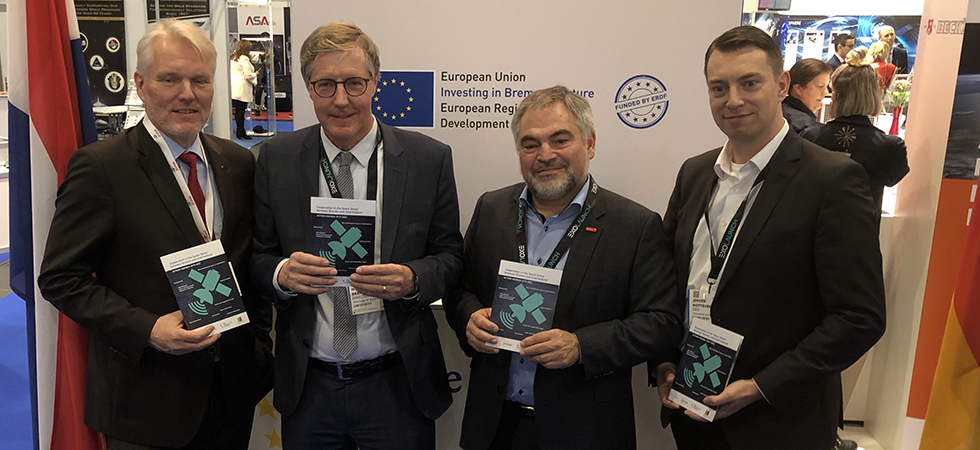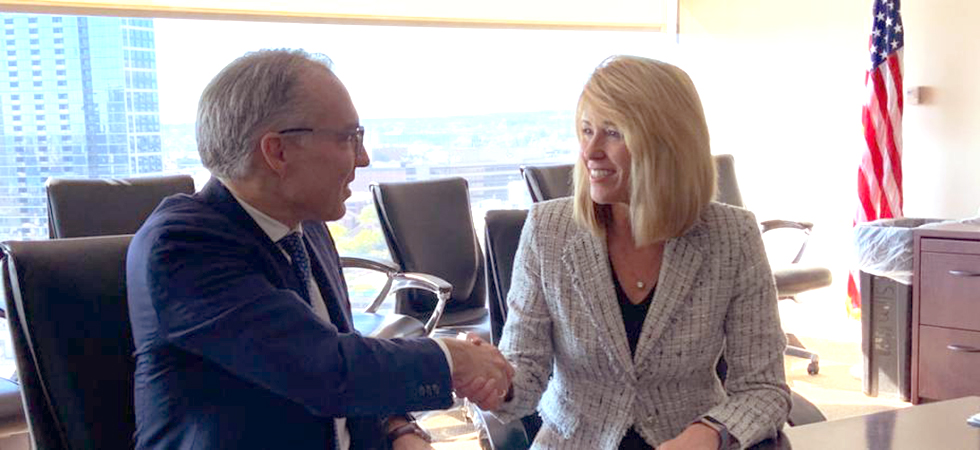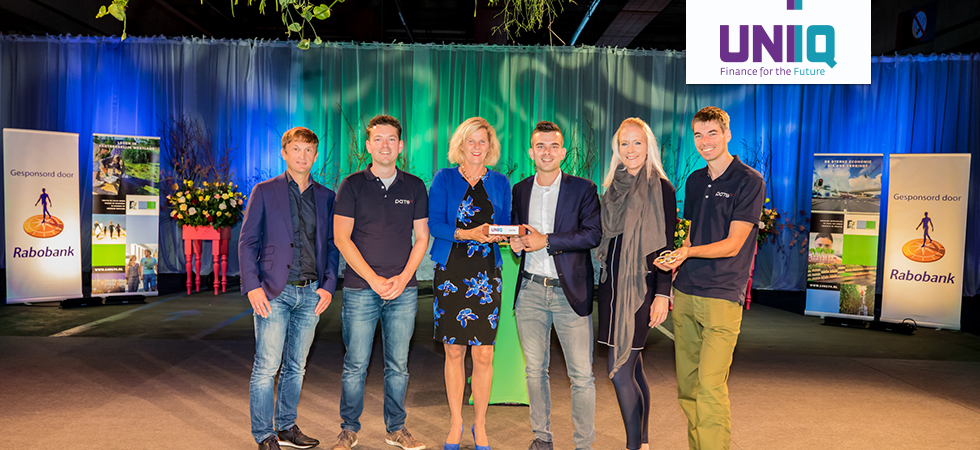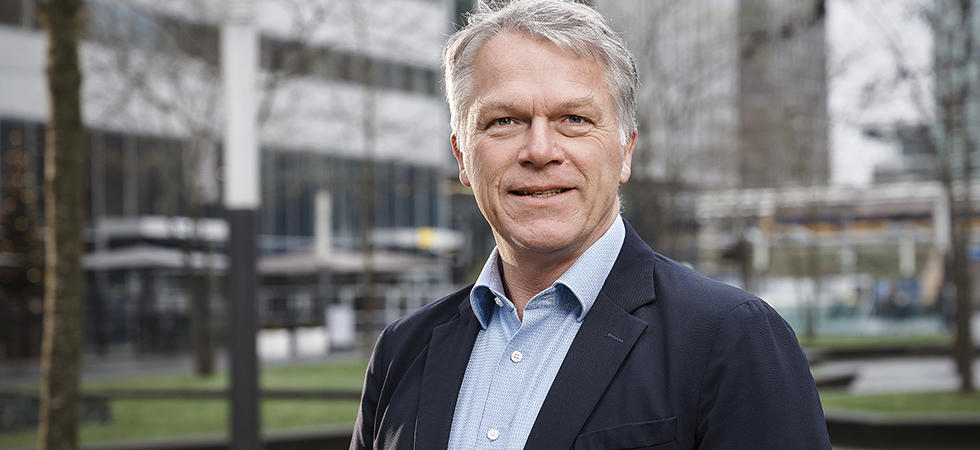
©Erik Borst
The official launch of Invest-NL takes place today in Amsterdam in the presence of Minister of Finance Wopke Hoekstra and Minister of Economic Affairs and Climate Eric Wiebes. As a private company led by Wouter Bos, Invest-NL will provide financing to companies that will make the Netherlands more sustainable and more innovative. With a share capital of 1.7 billion euros, Invest-NL’s focus at launch is on the energy transition and on innovative, fast-growing companies (scale-ups).
In the context of the energy transition, Invest-NL is focusing particularly on electrification and energy, circularity, agrifood and the built environment. When it comes to innovative scale-ups, the focus will primarily be on industrial technologies. Invest-NL intends to expand the market and provide financial backing for what once seemed unbackable. Alongside a willingness to take significant risks, Invest-NL is also prepared to invest large amounts with long maturities. Impact is paramount for Invest-NL: without impact there can be no financing.
More risk capital available
Market parties in the Netherlands have difficulty financing major societal transitions. They face challenges to handle the high degree of uncertainty in terms of policy and technology, the multiplicity of stakeholders and the fragmentation of initiatives with relatively high learning and transaction costs. Moreover, various studies have shown that, relatively speaking, there is less risk capital available for young high-growth companies in the Netherlands compared to countries such as Germany, the UK or the US.
Finally, Dutch companies have thus far been less successful at obtaining funding from European investment funds and facilities compared to competitors in other countries, where the requisite venture capital is made available to companies by specific national funds and/or banks. The launch of Invest-NL means that the Netherlands now also has its own, comparable fund.
In line with parliamentary decisions and based on research, Invest-NL has decided to prioritise the financing of scale-ups and the energy transition. Entrepreneurs and financiers can visit the Invest-NL website (invest-nl.nl), where they can answer five questions to discover if their business plan may be eligible for financing by Invest-NL.
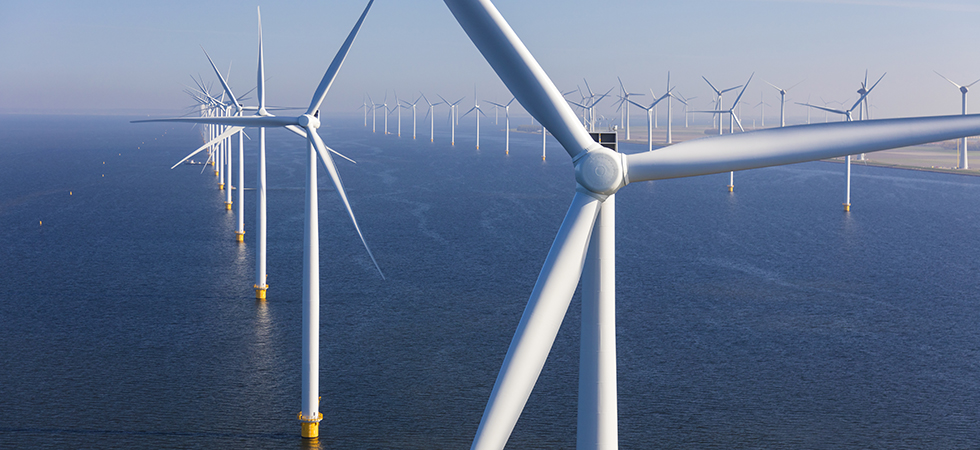
Far-reaching ambitions
Wouter Bos, CEO of Invest-NL: “We have far-reaching ambitions at Invest-NL: our aim is to quadruple the amount of risk capital available for the energy transition within five years.We want to ensure that young, innovative companies here can scale up as successfully as they do in Germany and the UK, which means the Netherlands needs to become twice as effective in this regard as it is today.
Eric Wiebes, Minister of Economic Affairs and Climate Policy: “With Invest-NL we show that the great changes around energy and climate can go hand in hand with making a profit. Invest-NL’s financing and development power gets companies going and contributes to employment and economic growth in the Netherlands.”
Wopke Hoekstra, Minister of Finance: ”I am very proud of what we are achieving here. It is not common for a government to set up a state participation. And its objective is important: Invest-NL’s activities strenghten our innovative economy and contribute to the transition towards a sustanaible society.”



